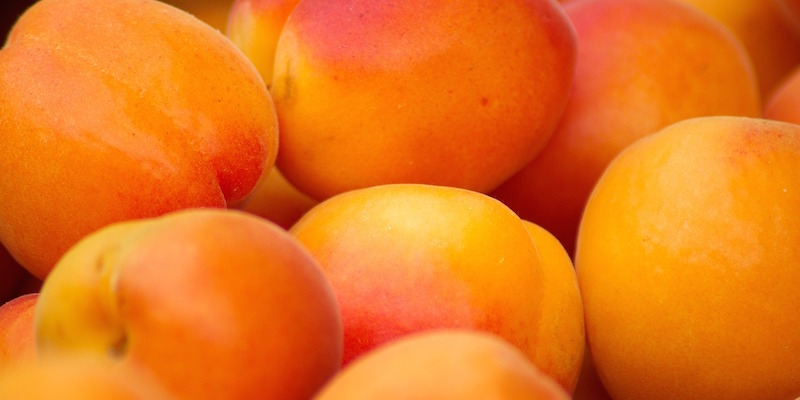A closer look at apricots
Closely related to peaches, apricots are small, golden orange fruits with velvety skin and flesh, not too juicy yet still smooth and sweet. They thrive in most warm or cold climates, and while most varieties need a moderate amount of chill in water, the fruit really develops flavour in areas where summers are relatively hot and dry – such as South Australia. Most are primarily grown in Tasmania. But there are low chill varieties found to produce well in Southern Queensland.
Nutritional Profile
Apricots are rich in many potent antioxidants including polyphenolic ones like flavonoids. It also contains vitamin A (from beta-carotene) and vitamin C, and is rich in copper, iron, zinc, manganese, potassium and dietary fibre.
Health Benefits
- Protects your eyesight. Apricots contain carotenoids and xanthophylls, nutrients which have been found to help protect eyesight from aging-related damage.
- Protects against inflammation. Apricots are also a strong dietary source of catechins known for their anti-inflammatory properties. A single apricot can provide 4 – 5 grams of catechins.
- Protects your skin. Regular consumption of apricots helps to maintain smooth appearance of skin, and is also useful in severe skin conditions such as eczema.
When are they best in season?
Low chill varieties are harvested from October to December, whereas high chill varieties are available from mid-November through to late April.
Choosing the best apricots
Look for fruits with a rich orange colour (avoid those that are pale and yellow). Fruits should be slightly soft, if they are too firm then they’re not tree-ripened and tree-ripened fruits always taste the best. For the most antioxidants, choose fully ripened fruit.
How to store apricots
Ripened apricots are delicate and should be handled with care, we suggest to store them inside the refrigerator in an egg tray, set at high relative humidity, and consume them as early as possible. They can however refrigerate ripened apricots in a sealed container for up to one week.
If you’ve picked apricots that aren’t ready yet, you can ripen them in a paper bag at room temperature – leave them inside for 2 to 3 days.
Getting more apricots in your life
Here are a few ways you can serve your Apricots:
- Whip them up into a deliciously healthy smoothie
- Add them sliced to hot or cold cereal
- Make them into a jelly or a jam
- Dried with nuts
- Mix some chopped up fresh in a yoghurt
- Throw in some chopped apricots into the batter of you pancake mix next time
- Add a hint of Middle Eastern flavour by including some dried and diced apricots to your chicken or vegetable stew
- Make them the star of your next green salad
